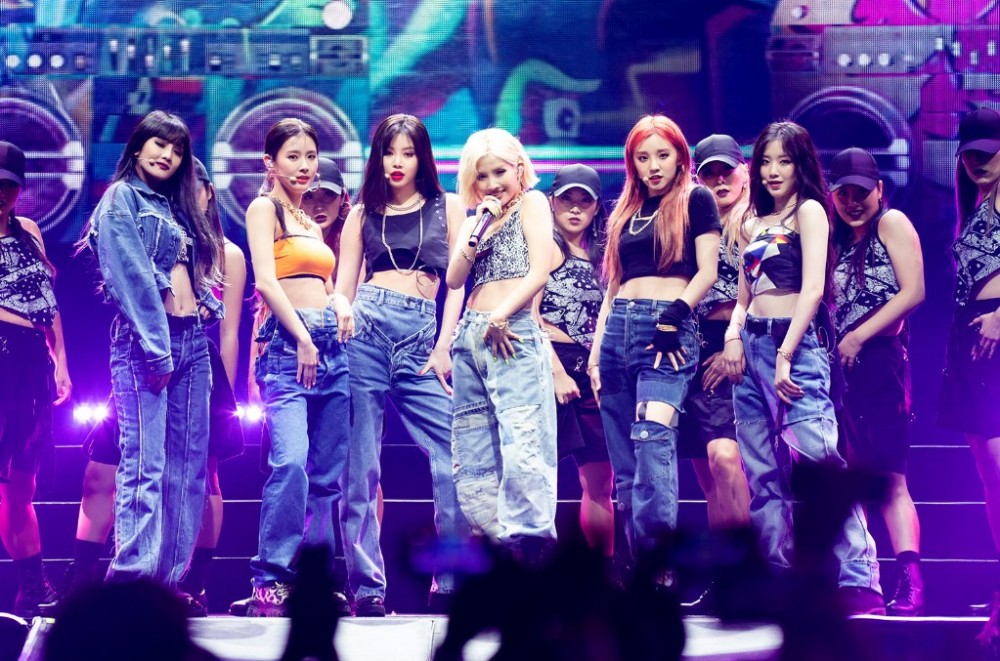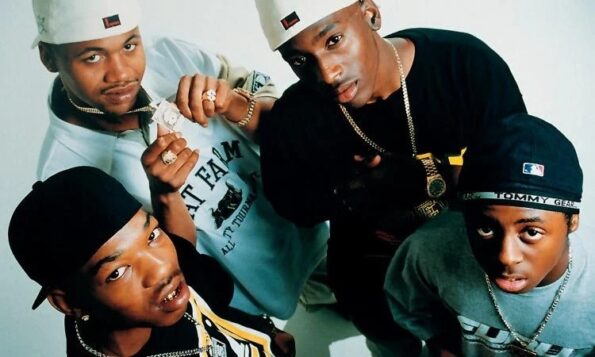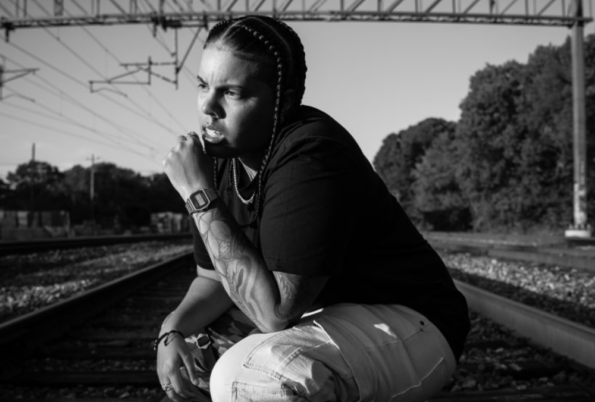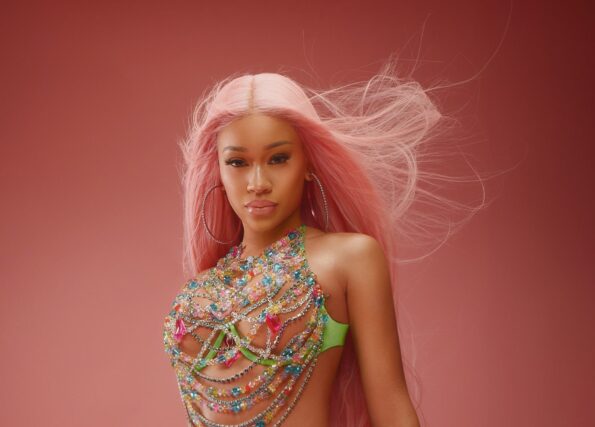Even with South Korea’s live music sector still largely shut down due to the coronavirus outbreak, the K-pop world is buzzing to life with the arrival of new music. Some of the world’s biggest musical acts have postponed plans to release music for months to come, but it’s business as usual when it comes to K-pop releases.
March saw a relatively slow release cycle for the Seoul-based K-pop industry — as girl groups like (G)I-dle and April postponed planned releases to the following month — but releases picked up at the tail end of March, thanks to new music from Kang Daniel, Ong Seung Wu and EXO’s Suho. WINNER dropped new music in the final days of the month, and many other artists have already announced upcoming content over the next few weeks.
“Nothing much changed due to coronavirus regarding Suho’s release,” a rep tells Billboard, adding that the reaction to the album will impact how they approach album sales. In order to promote Self-Portrait, Suho appeared in a variety of digital content and live streams prior to his first solo album’s arrival on Monday.
With much of K-pop’s content aimed at global and digital audiences rather than just consumers in Korea who buy physical albums and EPs, most Korean pop acts aren’t really changing how they’re doing things when it comes to new music releases. Many K-pop artists have taken to social media and YouTube to practice social distancing, such as TWICE launching a TikTok channel. Others are starting YouTube channels, while some artists are documenting their work on new music, including Seventeen’s Hoshi.
An acute outbreak of COVID-19 in South Korea in January forced the cancellation of live music events throughout much of February and March, while some televised programs, including weekly performance-oriented music competition shows, continued filming throughout the month without live audiences. Events based around audiences will continue to be impacted with delays and postponements.
South Korea, along with China, instituted rigorous health measures, including widespread testing, to rein in the spread of their infections, which have slowed considerably. Korea had more than 9,700 coronavirus cases and more than 160 deaths as of Tuesday (March 31).
With dedicated fanbases propelling much of K-pop’s music sales and streams, it’s still too early to know how the state of the global economy will affect K-pop sales in general. But for now, the K-pop industry is moving on as normally as possible, with artists filming video content and working on music, as Korean health officials work to keep the spread of COVID-19 from reigniting.



